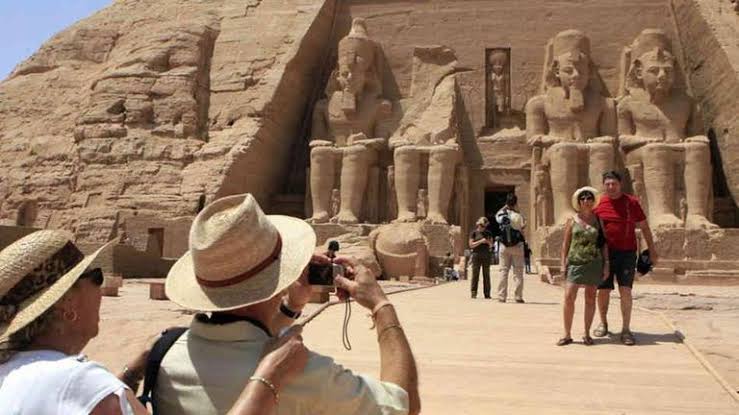The government is seeking to expand its hotel capacity with the launch of a new LE50 billion tourism support initiative.
This initiative, a joint effort between the Ministry of Finance, the Central Bank of Egypt and the Ministry of Tourism and Antiquities, will offer significant financial funds to companies in the tourism sector, provided they secure prior approval from the Ministry of Tourism and Antiquities.
These funds will be allocated for the construction and operation of new hotel rooms, the expansion of existing projects, or the conversion of closed buildings into hotels.
The maximum financing for an individual client is capped at LE1 billion, or LE2 billion for a client and their affiliated parties, with no more than two banks involved.
Beneficiaries of this initiative will enjoy a reduced interest rate of 12 per cent, with the Ministry of Finance subsidising the difference. The difference is calculated as the Central Bank of Egypt’s credit and discount rate, plus one per cent, minus the 12 per cent, which will also gradually decrease.
The Cabinet said in a recent statement that the initiative targets hotels in major tourist destinations such as Greater Cairo, Luxor, Aswan, the Red Sea, the North Coast, and South Sinai. By concentrating on these key areas, the government aims to fully capitalise on Egypt’s booming tourism industry and utilise its unique attractions to drive economic growth.
Investing in new hotel rooms is expected to deliver substantial economic returns. According to the Cabinet’s statement, every 15,000 additional hotel rooms can generate roughly LE2 billion in value added tax. It can also generate an estimated LE2 billion in commercial and industrial profit taxes.
Furthermore, this expansion is expected to create approximately 45,000 new direct and indirect job opportunities, providing a much-needed boost to the labour market, the statement said.
Egypt’s tourism sector is one of the country’s main earners of foreign currency.
According to the Ministry of Tourism and Antiquities, Egypt welcomed 7.069 million tourists between January and June 2024, generating $6.6 billion in revenue. This is a slight increase compared to the 7.062 million tourists during the same period in 2023, which brought in $6.3 billion in revenue.
Prime Minister Moustafa Madbouli previously announced the government’s goal to attract 30 million tourists by 2028.
Elhami el-Zayat, former chairman of the Egyptian Tourism Federation, noted that achieving this target would require doubling the country’s current hotel capacity.
Egypt currently has 216,000 hotel rooms, sufficient to accommodate 16 million tourists. To meet the 2028 target, el-Zayat emphasised the urgent need to build an equivalent number of rooms within the next four years. He also stressed the importance of the new initiative to facilitate the expansion of hotel capacity and the reopening of currently closed hotels.
El-Zayat stressed the need to cut bureaucratic red tape to reach the 30 million tourist goal. He proposed streamlining procedures through legislation, which would require individuals seeking to build a hotel to submit all necessary documents in a single application. “Currently, we deal with many bureaucratic entities, and completing the licensing process can take over a year,” he explained.
Tourism expert Moustafa el-Naggar echoed the importance of the initiative, especially to encourage investment in new tourist destinations, like New Alamein on the North Coast.
“These new destinations offer a fresh style of tourism, particularly appealing to Arab tourists,” el-Naggar said. He noted that Arab tourists in these areas tend to spend between $500 and $1,000 per day, typically staying for around two weeks, which directly boosts state revenue.
However, el-Naggar pointed out that hotels in these destinations are often limited in number and operate seasonally, usually only for two to three months a year. He emphasised the need for further tourism investment to extend the season and increase accommodation options in these areas.






Discussion about this post